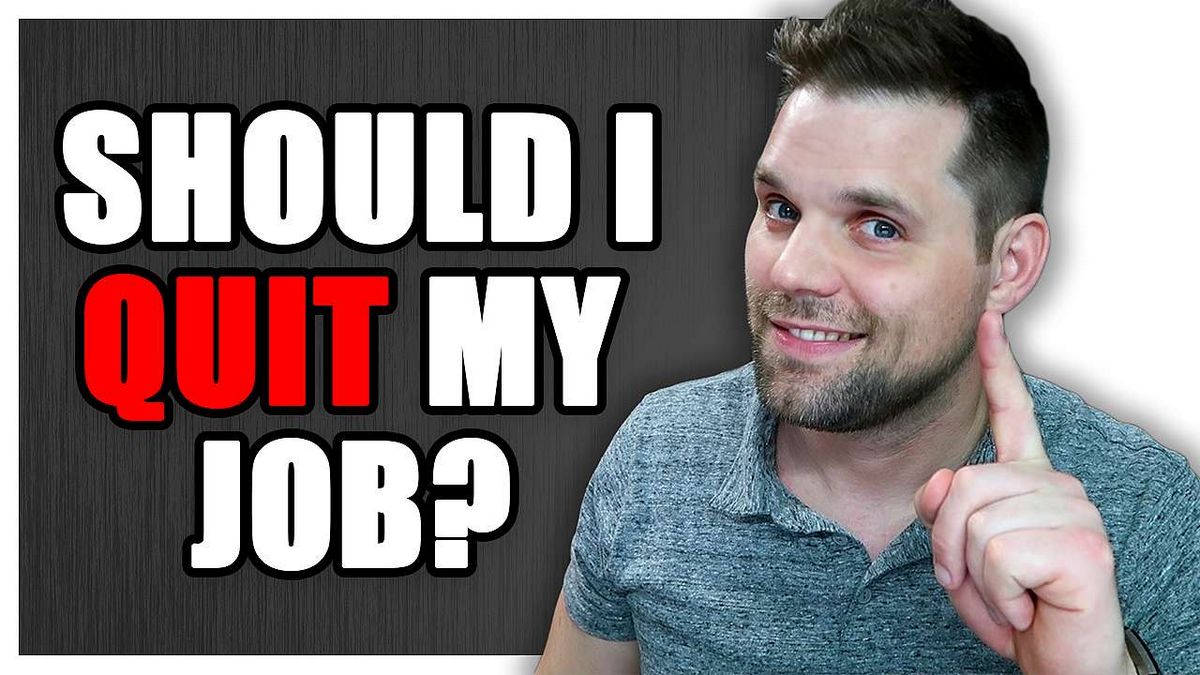
Starting a business requires careful consideration of various factors. The decision to quit your job and start a business immediately or take a more gradual approach is a significant one. There are advantages and risks to both options. When deciding which path to take, it’s important to assess your financial situation, motivation, and the impact on others.
If you choose to quit your job and start your business right away, consider your savings, investments, and potential loan options. Determine how much startup capital you need and how long it will take to break even. You must also account for your living expenses and unexpected costs. Familiarize yourself with funding options suitable for your business.
Consider your motivation and ability to handle pressure. Some people thrive under pressure and are good at self-imposed deadlines, while others may find it overwhelming. If others rely on your income, determine the financial obligation to them and the potential impact if your business doesn’t meet expectations. Have a safety net or fallback plan in case things don’t go as planned.
If you dislike your current job, quitting to start a business may be more appealing. However, if you’re content with your job and have a good idea for a business, weigh the happiness cost-benefit. Assess what you dislike about your current job and whether starting your own business will truly make you happier. Consider the effort required and whether the increased happiness justifies it.
Alternatively, you can save up, have a side hustle, and quit when the timing is right. This approach allows you to maintain income while gradually building your business. However, be prepared for a heavy workload and limited time and energy. Consider the impact on your obligations outside of work and whether you have the emotional and social availability to handle it. Evaluate whether the time sensitivity of your business affects your decision-making and whether you can truly execute the plan while keeping your day job.
Ultimately, there is no right or wrong answer. Each option has its pros and cons, and the choice depends on your unique circumstances. It’s also possible to combine the two approaches, keeping your day job while working on your business part-time. This allows you to save money, plan, and generate initial buzz before making a full transition.
To further guide you in becoming your own boss, check out my comprehensive guide on the process from ideation to opening day.
Hello!
I’m Andrew Brooks, a seasoned finance consultant from the USA and the mind behind phonenumber247.com.
My career is built on a foundation of helping individuals and businesses thrive financially in an ever-changing economic landscape. At phonenumber247.com, my aim is to demystify the complex world of finance, providing clear, actionable advice that can help you navigate your financial journey with confidence. Whether it’s personal finance management, investment strategies, or understanding the nuances of market dynamics, I’m here to share insights and tools that can propel you towards your financial goals.
Welcome to my digital space, where every piece of advice is a step closer to financial clarity and success!
